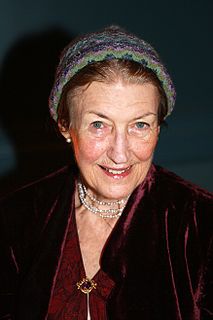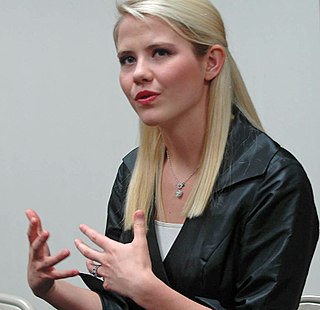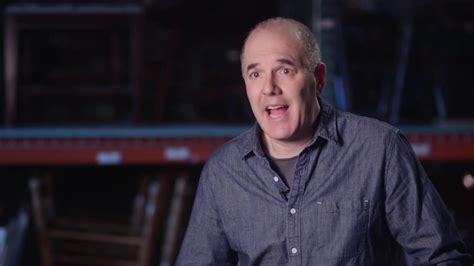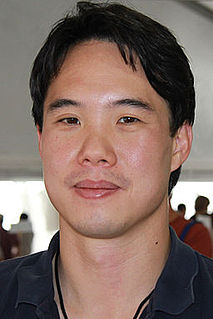A Quote by Shirley Hazzard
The sweetness that all longed for night and day. Some tragedy might be idly guessed at-loss or illness. She had the luminosity of those about to die.
Related Quotes
Princess Diana talking to Prince William about the loss of her title Her Royal Highness: She turned to William in her distress. She (Princess Diana) told me how he had sat with her one night when she was upset over the loss of HRH, put his arms around her and said: Don't worry, Mummy. I will give it back to you one day when I am king.
A mother experiences more than one death, even though she herself will only die once. She fears for her husband; she fears for her children; again she fears for the women and children who belong to her children. ... For each of these-whether for loss of possessions, bodily illness, or undesired misfortune-she mourns and grieves no less than those who suffer.
Pillow talk. It's how you know, it's how you tell, that something different, something special is happening: that this might even be the most important night of your life. Some day -some night- I hope you both may know it, with whoever it may be: the wish, stealing up on you, not to just merge bodies, but all you have, all your years, all your memories up to that point. And why should you wish to do that, if you haven't already guessed that your future too, will be shared?
Sharp knives seemed to cut her delicate feet, yet she hardly felt them, so deep was the pain in her heart. She could not forget that this was the last night she would ever see the one for whom she had left her home and family, had given up her beautiful voice, and had day by day endured unending torment, of which he knew nothing at all. An eternal night awaited her.
Night is purer than day; it is better for thinking and loving and dreaming. At night everything is more intense, more true. The echo of words that have been spoken during the day takes on a new and deeper meaning. The tragedy of man is that he doesn't know how to distinguish between day and night. He says things at night that should only be said by day.
Once upon a time there was a woman who was just like all women. And she married a man who was just like all men. And they had some children who were just like all children. And it rained all day. The woman had to skewer the hole in the kitchen sink, when it was blocked up. The man went to the pub every Friday, Saturday, and Sunday. The other nights he mended his broken bicycle, did the pool coupons, and longed for money and power. The woman read love stories and longed for things to be different. The children fought and yelled and played and had scabs on their knees. In the end they all died.
It seemed perfectly possible that, in spite of my certainty of my own genius, I might die of some illness, or perhaps even in a street accident, before I had ever glimpsed the meaning of life. My moods of happiness and self-confidence convinced me that I had a "destiny" to become a famous writer, and to be remembered as one of the most important thinkers of the century.
Sometimes at night I worry about TAMMY. I worry that she might get tired of it all. Tired of running at sixty-six terahertz, tired of all those processing cycles, every second of every hour of every day. I worry that one of these cycles she might just halt her own subroutine and commit software suicide. And then I would have to do an error report, and I don't know how I would even begin to explain that to Microsoft.







































